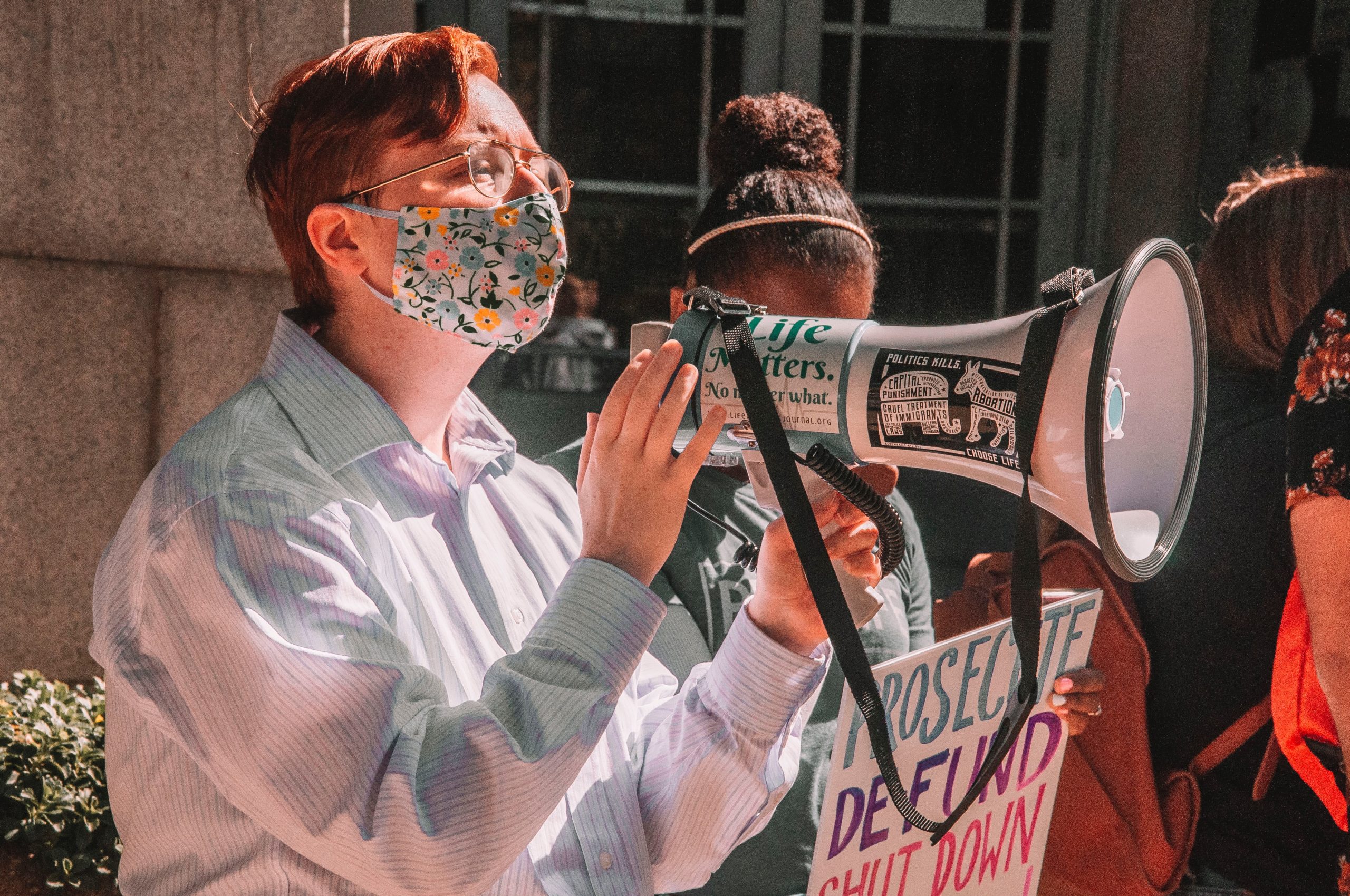
Willie R. Tubbs, FISM News
[elfsight_social_share_buttons id=”1″]
A federal judge, citing the Supreme Court’s Dobbs decision, has reinstated a previously-stuck Florida law that will allow the state to cease allocating money to Planned Parenthood.
House Bill 1141, originally passed in 2016 under then-Gov. Rick Scott, had been deemed illegal under the Roe v. Wade standard, but U.S. District Judge Robert L. Hinkle of the Northern District of Florida found that the end of Roe meant the end of a federal presumption of a right to an abortion.
“Proud to secure a victory in our case about whether Floridians should be forced to fund Planned Parenthood,” Florida Attorney General Ashley Moody tweeted. “The court reinstated what the legislature passed in 2016—a ban on state funds supporting clinics that provide abortions.”
Proud to secure a victory in our case about whether Floridians should be forced to fund Planned Parenthood. The court reinstated what the legislature passed in 2016—a ban on state funds supporting clinics that provide abortions. https://t.co/NdP1HDmGQV
— AG Ashley Moody (@AGAshleyMoody) March 7, 2023
The odd thing about this case is how little public resistance abortion advocacy groups, and indeed the plaintiffs in the original case (a collection of Florida-based Planned Parenthoods), have put up against Moody’s efforts to revive the Florida law.
Abortion advocacy groups have been hesitant to address the soon-to-be-reinstated law. The general approach has been to discuss the idea of abortions on a macro level.
“Everyone should have the ability to make decisions about their own reproductive lives and futures, including choosing the method of abortion that works best for their circumstances. #BansOffOurBodies,” Floridians for Reproductive Freedom tweeted in a representative example.
PLANNED PARENTHOOD’S REASONS FOR SILENCE
As of this writing, Planned Parenthood’s social media presence made no mention of the ruling, which is likely attributable to three connected factors.
First, the defendants, Florida’s surgeon general and secretary of the state’s health agency, agreed to not implement the new law until June 1, which will give Planned Parenthood an opportunity to appeal to a higher court.
Second, Florida’s legislature is considering a six-week ban on abortions in the state, a matter which almost certainly strikes advocacy groups and Planned Parenthood as more important in the immediate future.
If abortions become virtually impossible to legally perform in Florida, the idea of funding the procedure becomes moot.
Third, and arguably most important, Planned Parenthood does not have to rely upon Florida for funding, even in Florida. The federal government is a prime giver to the organization.
Indeed, on Thursday, Planned Parenthood issued a press release celebrating the Biden administration’s desire to include $512 million for the Title X program, $600 million for bilateral family planning and reproductive health, and $57.5 million for the United Nations Population Fund (UNFPA).
“Amid the abortion access crisis, we need our budgets to reflect our values and support sexual and reproductive health care,” Alexis McGill Johnson, president and CEO of Planned Parenthood Federation of America, said in a statement. “While we await more details, President Biden’s proposed budget is an encouraging sign of the Biden-Harris administration’s continued support.”
The money Biden has earmarked for Title X, a family planning program through which related grants are issued, would represent a 79% increase from last year.
